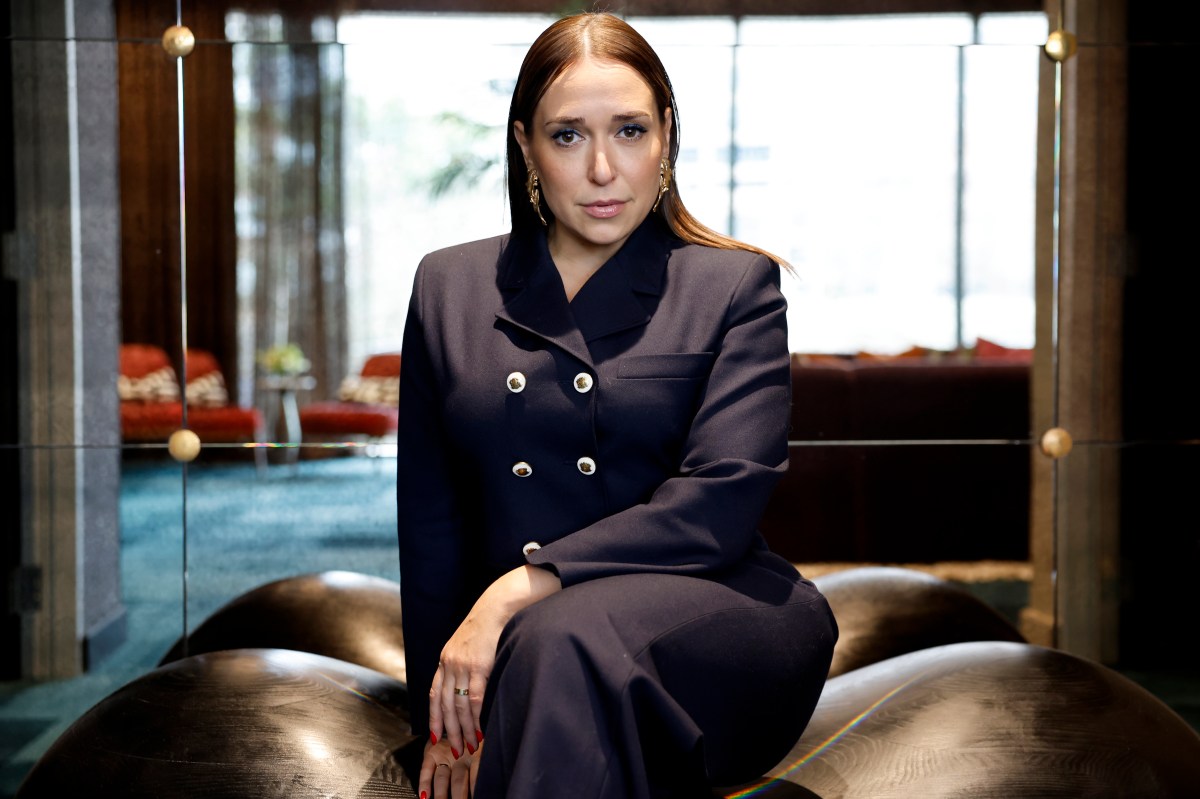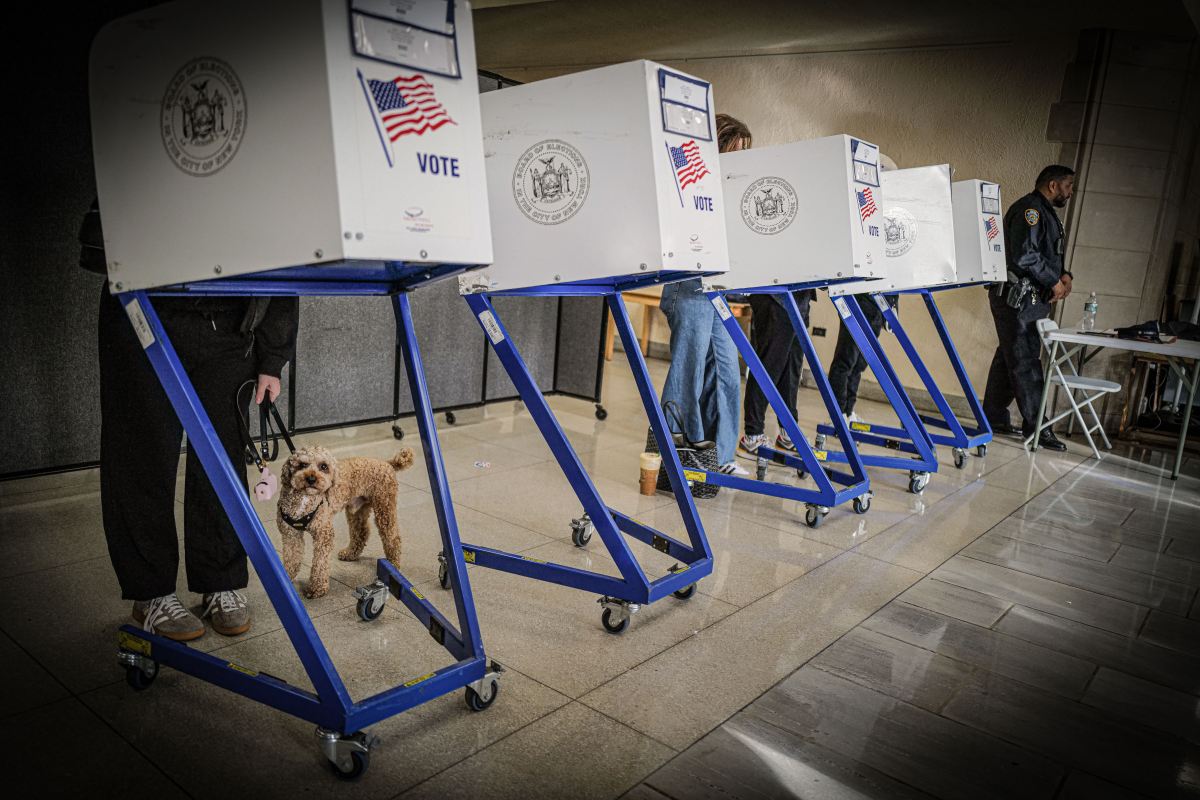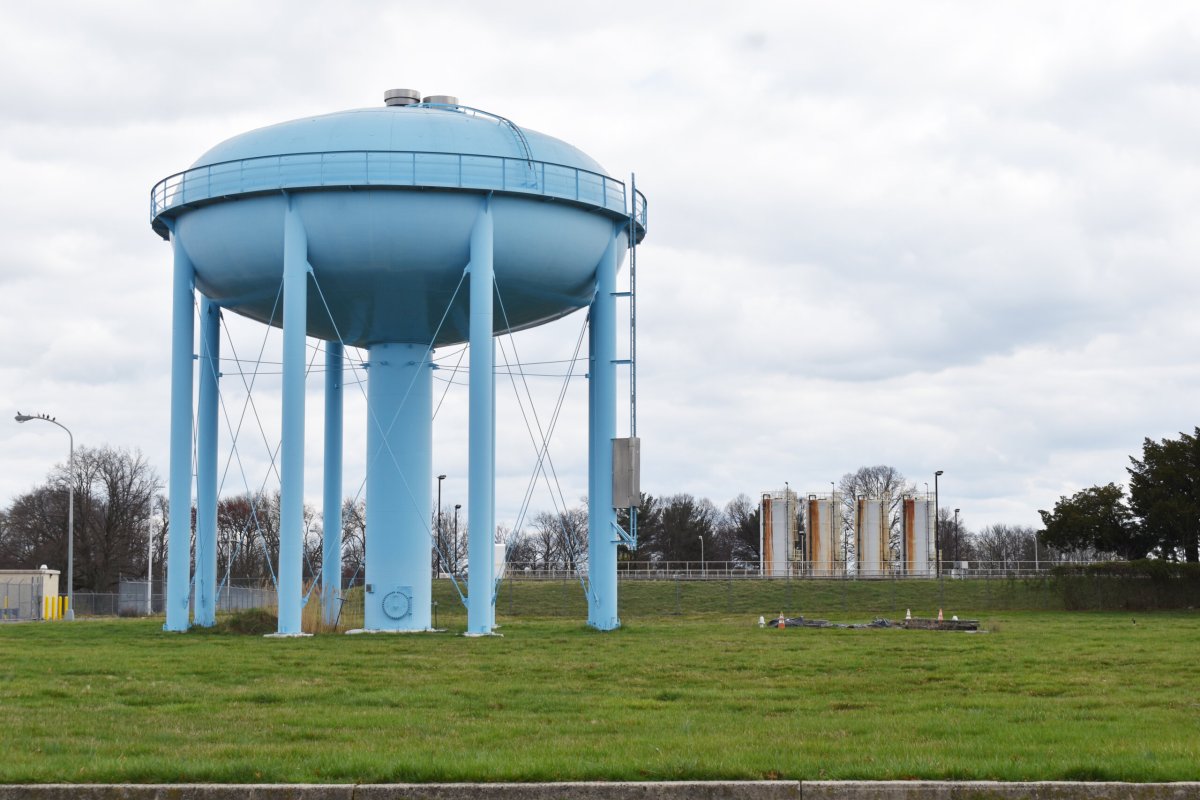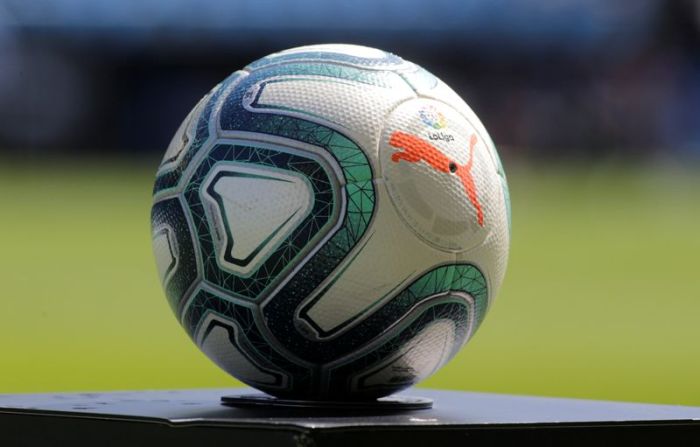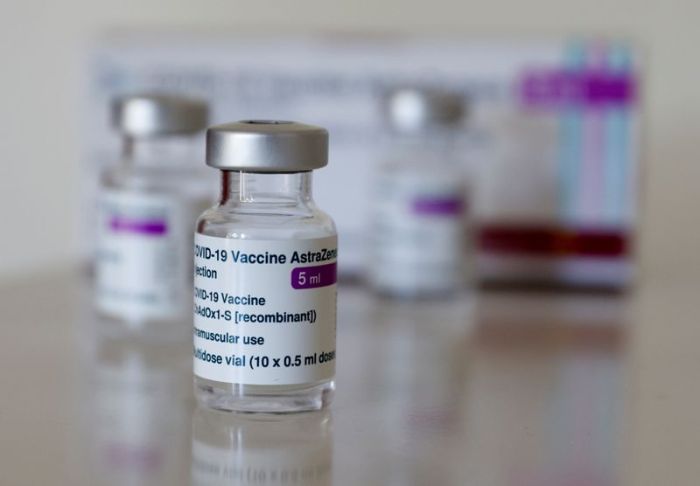LONDON (Reuters) – Britain wants to use its independent post-Brexit tariff regime to help make domestic manufacturers more internationally competitive, launching a scheme for firms to apply for a suspension of tariffs on their imported manufacturing inputs.
Tariff suspensions are used to help a huge range of sectors like agriculture, micro electronics and chemicals, by lowering the cost of importing raw materials or other inputs where they are scarce or unavailable locally.
The scheme replaces an equivalent European Union (EU) programme which applied to Britain before it left the bloc and was temporarily rolled over when that exit was completed at the end of 2020. Under the EU scheme, suspensions had to be assessed by all member states.
“Now we have left the EU we can use suspensions to give UK firms the maximum possible benefit,” trade department minister Greg Hands said in a statement.
Unlike the EU scheme, tariff suspensions could also apply to finished products to meet a temporary need.
Under the new programme, decisions will be made based on the needs of British firms and the wider economy, the government said, subject to criteria due to be published on Thursday.
These will include asking firms to prove they would have saved at least 10,000 pounds ($14,163) in duties if a suspension had applied in 2020.
Firms will be able to apply for a suspension from June 1 until July 31. Any granted requests will apply to all firms, not just the firm that requested it, from early 2022, and last until summer 2024, the trade department said.
The rolled-over EU suspensions last until the end of 2021, and apply to hundreds of inputs including car parts, frozen fish fillets and plastics.
(Reporting by William James; Editing by Andrew Cawthorne)














